What is the VSPA?
The VSPA is the association of psychology students in Amsterdam (Vereniging van Studenten in de Psychologie te Amsterdam; VSPA). It is the study association of psychology at the UvA and it consists of about 2200 members; this makes the VSPA one of the biggest study associations of the Netherlands. The VSPA was established on the 14th of May in 1941 and has endured a lot throughout her long history and has known many different students. Everyone who is studying psychology at the UvA can become a member of the association to expand their student lives in both social and study related ways.
The association is built on her many committees that organise countless activities. For instance, all kinds of study related activities are organised such as a conference, lectures, workshops and excursions. Besides that, there are many opportunities to make social contact by means of the various parties, travels and ‘borrels’, that are organised. As a member you can join all these activities and even better; you can organise them yourself! By joining one of the committees (see ‘committees’), you can ensure that we can keep enjoying the great events with a group of fellow VSPA members.
The VSPA room
The VSPA room is where you can the board (see ‘board’) every day. Here, they fulfill all of their board tasks, but the VSPA room is also a place for fun! All members are welcome to come together and chat with each other or with the board. You can also buy summaries here and enjoy a free cup of coffee. The VSPA room is situated in the G-building of the Roeterseiland Campus, room GS.25.
Do not hesitate to stop by!
The General Members Assembly
At the beginning of the academic year, the policy plan is presented by the board at a General Members Assembly (GMA). During a GMA at least 1% of all members must be present. The present members can give their opinions and determine if proposals are accepted. Besides that, during GMAs the administrative organs are chosen. This makes the GMA the most powerful organ of the VSPA.
Apart from the important influence, you can exercise by going to a GMA and discussing and voting, it is also enjoyable in a social way. Each GMA there are free snacks and drinks, there is a five-star meal cooked by the lovely Support Committee and afterward there is a ‘borrel’. Also by frequenting GMAs, you get a discount on the Weekend Getaway, which is a weekend at the end of the year, organized by the board as a ‘thank you’ to all active members. Do not hesitate to come to a GMA. Keep an eye on your mailbox for the next invitation.
